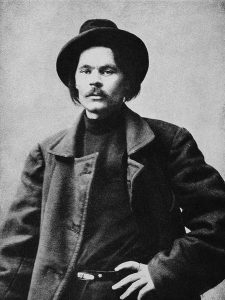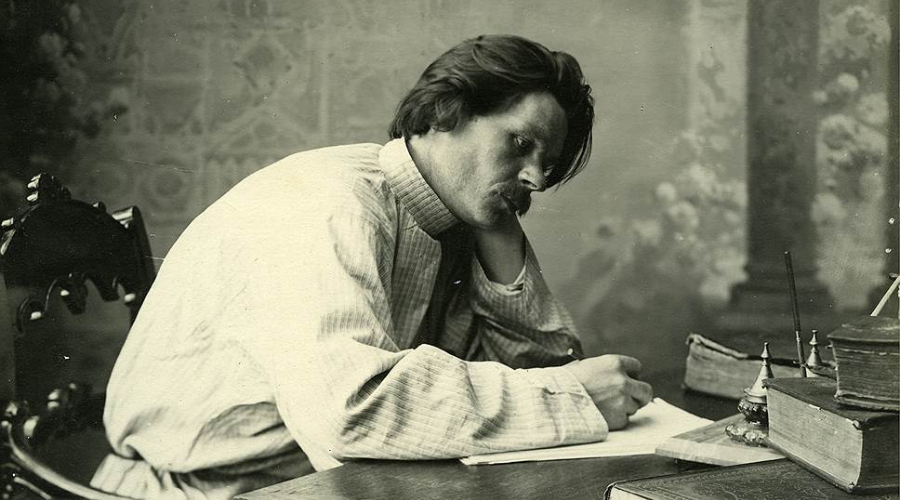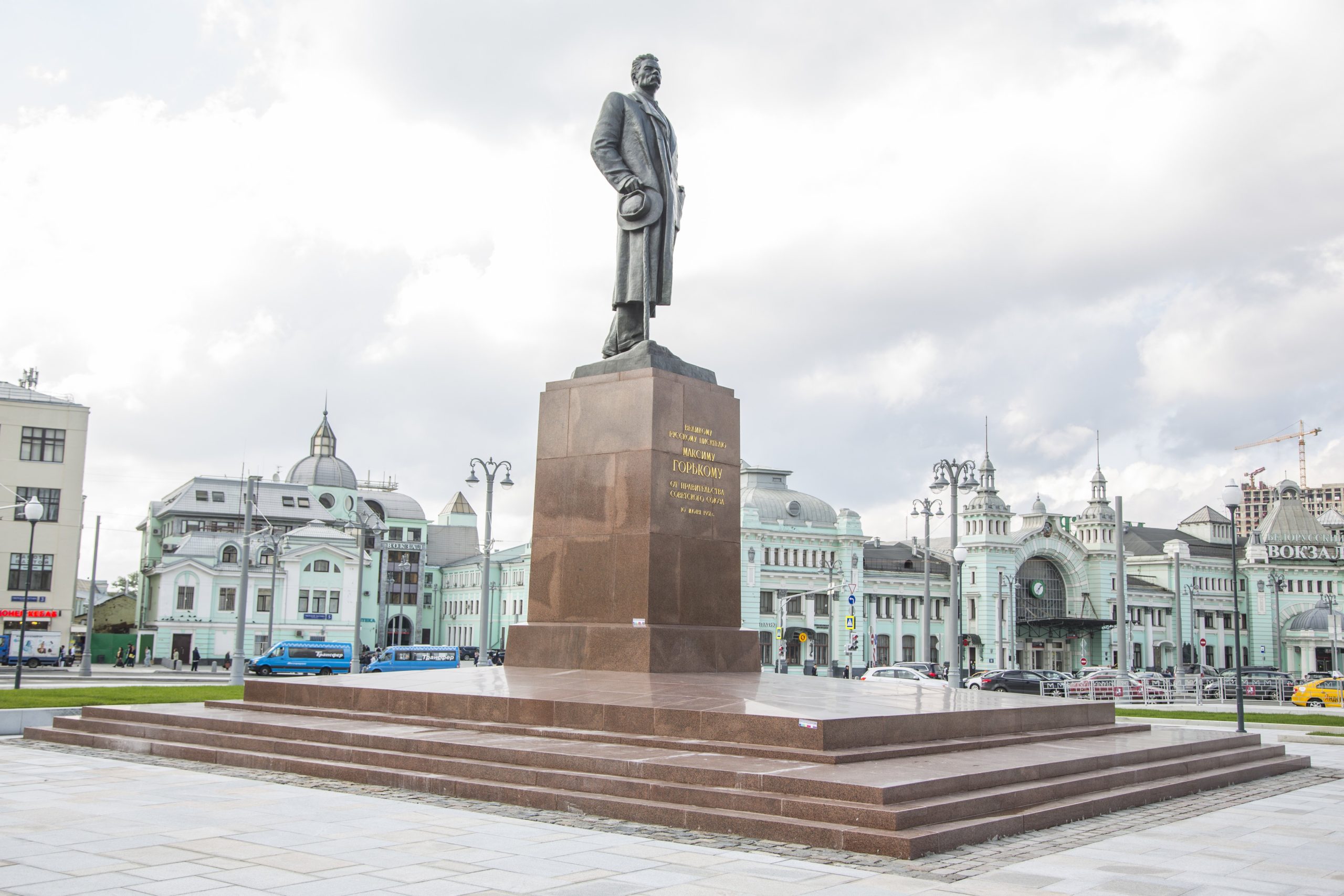Maxim Gorky
(Alexey Maksimovich Peshkov)
1868-1936

Maxim Gorky is a Russian Soviet writer, poet, novelist, playwright, publicist and public figure, journalist. He was born on March 28, 1868 in Nizhny Novgorod in the family of a carpenter. The writer’s first publication, the short story “Makar Chudra”, was published in 1892. This was followed by the stories “The Old Woman Izergil” and “Chelkash” in 1895. In the period from 1897 to 1898. Gorky lived in the village of Kamenka, Tver region, which served as the material for the epic novel “The Life of Klim Samgin”. At the beginning of the 20th century, Gorky met A.P. Chekhov and L.N. Tolstoy, and also began to study drama. He wrote the plays “Philistines” and “At the Bottom”, and in 1902 was elected an honorary academician of the Imperial Academy of Sciences. Working at the publishing house “Znanie” until 1913, Maxim Gorky went abroad in 1906, where he created satirical essays about the French and American bourgeoisie. He lived on the island of Capri in Italy for 7 years, being treated for tuberculosis, and wrote such works as “Confession”, “The Life of an unnecessary Person” and “Tales of Italy”. The second departure abroad took place in 1921; it was associated with an exacerbation of the disease. For three years Gorky lived in Germany, the Czech Republic and Finland. In 1924 He moved to Italy, where he published his memoirs about V.I. Lenin. In 1928, Gorky returned to the USSR. During this period, he worked on the novel “The Life of Klim Samgin”, which was never completed. Maxim Gorky holds an honorable place in the history of Soviet literature, becoming the most published Soviet writer in the USSR. From 1918 to 1986, the total number of Maxim Gorky’s published works amounted to 3,556 editions, reaching a total circulation of 242.621 million copies. From 1932 to 1990, the city of Nizhny Novgorod was named after Gorky in honor of the famous classic.
Address: Moscow, Tverskaya Zastava Square

